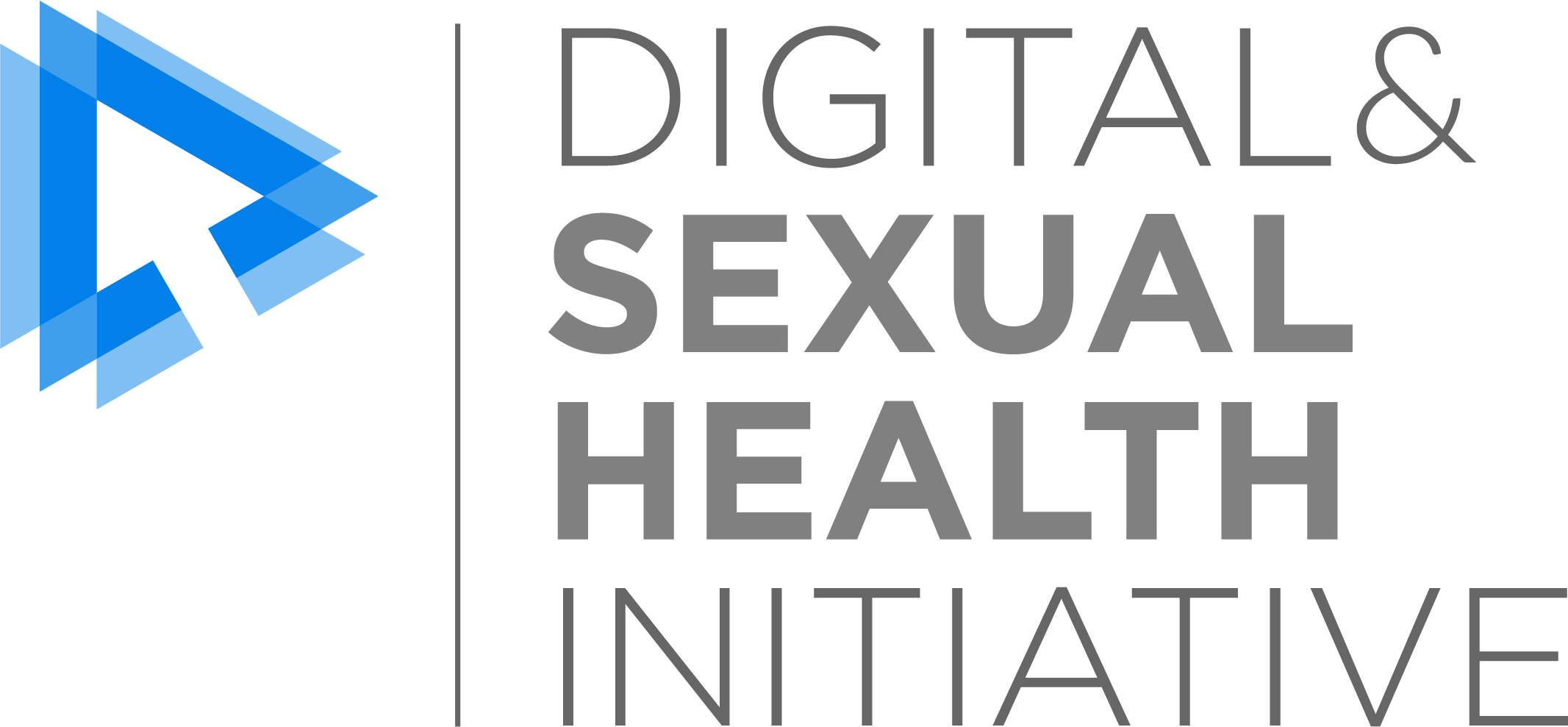The digital transformation of public health requires new competencies, training models and multidisciplinary partnerships
Research theme(s)
Digital Health
Swathi Ramachandran1, Ihoghosa Iyamu1,2, Hsiu-Ju Chang1, Andre Kushniruk3, Francisco Ibáñez-Carrasco4, Catherine Worthington5, Hugh Davies2, Geoffrey McKee1,2, Adalsteinn Brown4, Mark Gilbert1,2
1British Columbia Centre for Disease Control; 2School of Population and Public Health, University of British Columbia; 3School of Health Information Science, University of Victoria; 4Dalla Lana School of Public Health, University of Toronto; 5School of Public Health and Social Policy, University of Victoria.
Public Health Association of British Columbia Conference 2023, Nov 20-21, 2023, Vancouver, BC, Canada
Background: Widespread development and application of digital technologies in public health practice and research has rapidly evolved the field. The COVID-19 pandemic drew attention to gaps in the public health workforce’s capacity to apply these technologies while upholding fundamental public health principles including health equity, social justice and ethical propriety. Current practice and competency frameworks have not adequately considered the prominent roles digital technologies play in contemporary public health. New competencies, training models and inter/transdisciplinary partnerships are needed to fully leverage the potential of digital technologies. To address these gaps, we completed a 2-phase study, Phase 1- a rapid literature review and Phase 2 – an environmental scan of digital public health programs and present key recommendations to build workforce capacity in Canada.
Methods:
Phase 1: Rapid review of literature – Following the World Health Organization’s (2017) guidelines for rapid reviews and the Joanna Briggs Institute’s framework, we searched OVID Medline, OVID Embase, ERIC, and Web of Science for peer-reviewed articles using search terms related to public health, digital health, and training and practice competencies. We also searched Google scholar, public health agency and public health training associations’ websites. We included articles proffering training and practice competencies recommendations for DTs among population and public health practitioners, published in English between January 2010 and December 2022. We excluded articles exploring a solely medical or clinical perspective.
Phase 2: Environmental Scan – aiming to map and explore training programs attempting to integrate and improve the use digital technologies for public health and its sub-specialties. We searched the individual websites of all the institutions from the directories of CEPH, ASPHER and PHAC and conducted a structured search online, using Google advanced search to identify degree awarding programs and courses undertaken as part of degree awarding programs that considered digital technologies and their application to public health functions. We explored the curricular their content, disciplinary perspectives involved in the design and delivery of these programs and training approaches being implemented on the courses. We supplemented the search by interviewing program developers or directors with an aim to understand approaches being used to integrated disciplinary perspectives.
Results:
Phase 1: Our search returned 2023 titles and abstracts out of which 12 studies were included in the review. We found recommendations for 45 unique competency statements to enable public health practitioners appropriately utilize DTs that cut across all existing competency categories in Canada and a potentially new competency category. Recommendations concerning a new competency category related to data, data systems management and governance were identified. Training approaches identified include combined public health and informatics and data science degree programs and certifications, and a practice-based learning in multi and interdisciplinary contexts.
Phase 2: From our search across the 3 directories and the advanced google search we included a total of 56 programs across 13 different countries. Fifty-one of these programs were offered at a graduate level including 46 at Master of Science or Master of Public Health, two master’s and PhD programs, one Master’s and DrPH and one doctoral program. Among the 56 programs, 4 are offered at an undergraduate level, and one at both Bachelor’s and master’s levels. Twenty-seven programs focused on building capacity for public health data science, making it the predominantly described category. Sixteen programs identified focused on public health informatics and information management, while thirteen courses related to digital health in public health, digital project management, public health communication and a mix of other digital competencies categories.
Conclusion: Our findings suggest that new competencies are needed for the digital transformation of public health, cutting across all competency categories in Canada, especially those related to the management of new types of data facilitated through digital technologies. Schools and programs are reacting to meet this need in different ways including focusing on data science, informatics and other approaches. It remains unclear what competencies might be considered core to the public health practice, and which may be reserved for more specialized public health functions. This will be the focus of the 3rd phase of the study aiming to understand which recommendations may be considered in the Canadian context.
Also include link to rapid review pre-print : https://preprints.jmir.org/preprint/52798
